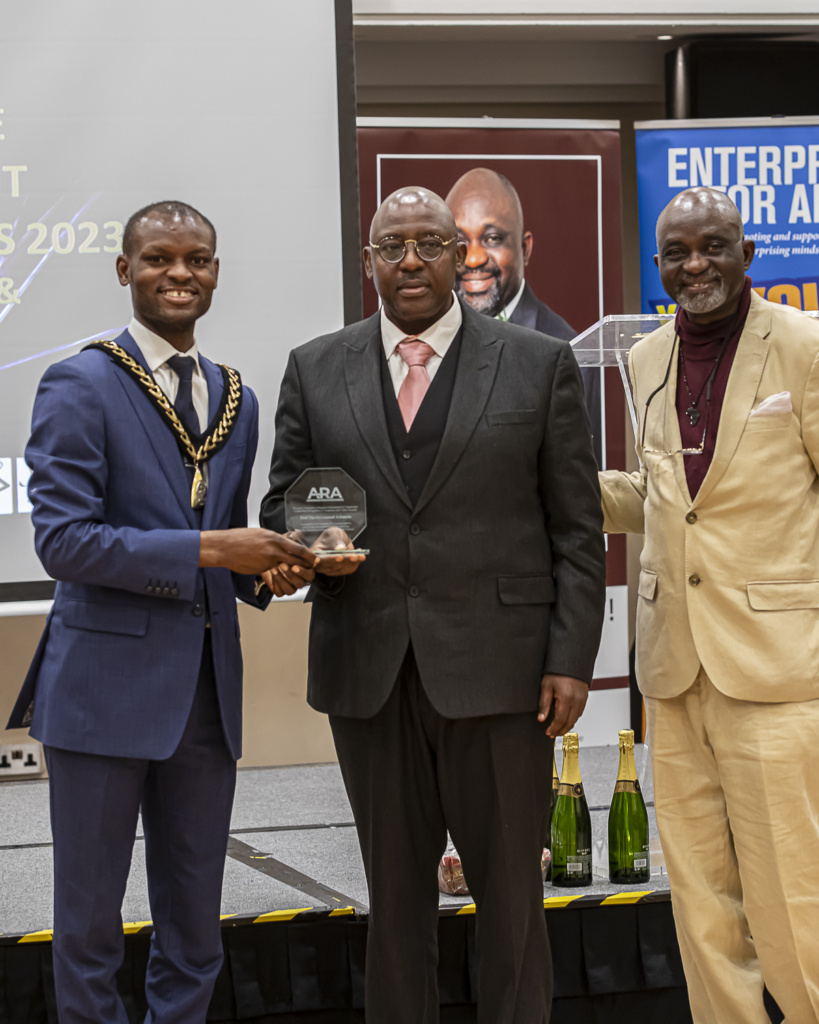
By: Ojo Emmanuel Ademola – The trending discourse on achieving net zero and perhaps the elimination of fossil fuel in the just concluded COP 28 calls for an advocacy approach (AAA) to the understanding and deployment of nearly everything that serves as an essential input to developing an economy of a Nation.
There are struggling implications of making sense of sustainability, especially in the major monolithic economies that characterise the global south nations of the world. Statistics are not just mere to justify that the proliferation of long-term impact of carefree extension that lacks a deep sense of sustainability is upgrading calamity to nations’ economies.
In today’s interconnected world, the increasing reliance on digital technologies has made cybersecurity a critical concern for individuals, businesses, and governments. This is especially true in global south nations, where extending the developing economies stays as an accentuation.
It begins to trend in such an economy, essentially, where the adoption of cybersecurity measures is essential for fostering economic growth, protecting sensitive data, and safeguarding and securing critical infrastructures.
However, while the deployment of cybersecurity tools is vital, it is equally important to ensure that these efforts contribute to the long-term sustainability of the environment and society. Such an emphatic call could play a vital role in promoting a robust digital economy with highly sustainable intentions.
An advocacy strategy to prioritize sustainability in the deployment of cybersecurity tools in developing economies should centrally focus on promoting the adoption of environmentally friendly and socially responsible practices within the cybersecurity industry. Such a strategy provides a scaling technique to drive positive implications sustainably. Also, the AAA aims to raise awareness, drive policy changes, and encourage the integration of sustainable principles in the development, deployment, and management of cybersecurity solutions.
Advocacy efforts can play a significant role in influencing decision-makers, industry leaders, and stakeholders to recognize the importance of sustainability in cybersecurity deployment. By highlighting the environmental and social impact of cybersecurity tools, advocates can drive conversations and actions that lead to the prioritization of sustainable practices. This can encompass the responsible sourcing of materials, energy-efficient development processes, waste reduction, and the promotion of inclusive and ethical business practices within the cybersecurity industry.
One of the key aspects of an advocacy approach is the education and empowerment of stakeholders. By providing training, resources, and expertise, advocacy groups can help raise awareness about sustainable cybersecurity practices and build capacity within developing economies.
Further, AAA can involve collaborating with local organizations, academic institutions, and government agencies to develop tailored pedagogical and in fact, andragogical programs that promote sustainable cybersecurity deployment.
Likewise, advocacy can support the development of regulatory frameworks and standards that incentivize sustainable cybersecurity practices. The deployment is all about making information technology good for society by engaging with policymakers, industry associations, and international organizations.
Advocates can push for the integration of sustainability criteria into procurement processes, certification programs, and industry guidelines. This can create an environment where businesses and governments are encouraged to prioritize sustainable cybersecurity solutions, ultimately driving positive change in the industry.
In addition to influencing policy and promoting awareness, advocacy can also facilitate partnerships and collaborations that promote sustainable cybersecurity deployment. By bringing together industry players, technology providers, and sustainability experts, advocates can foster the exchange of knowledge and best practices. These partnerships can lead to the development of innovative solutions, the sharing of resources, and the establishment of networks that support sustainable cybersecurity initiatives in developing economies.
An advocacy approach can also focus on promoting the economic benefits of sustainable cybersecurity deployment. By highlighting the potential for cost savings, enhanced reputation, and market opportunities, advocates can make a compelling case for prioritizing sustainability. This can be especially impactful in developing economies where resource efficiency and competitiveness are critical factors for success.
Moreover, advocacy efforts can drive the creation of awareness campaigns that engage the public and raise the profile of sustainable cybersecurity practices. By leveraging media, social platforms, and community events, advocates can communicate the importance of sustainability in cybersecurity deployment and encourage individuals to demand sustainable solutions from businesses and governments. This can create pressure for change and support the momentum for sustainable practices within the cybersecurity industry.
In conclusion, an advocacy approach to prioritizing sustainability in the deployment of cybersecurity tools in developing economies is essential for driving positive change. By raising awareness, influencing policy, fostering collaboration, and promoting economic benefits, advocates can play a crucial role in integrating sustainable principles into the cybersecurity industry. With a concerted effort to build capacity, shape regulations, and drive public engagement, sustainable cybersecurity deployment can become a reality, contributing to the long-term well-being of both the environment and society.
Ojo Emmanuel Ademola is the first Nigerian Professor of Cyber Security and Information Technology Management, and the first Professor of African descent to be awarded a Chartered Manager Status, and by extension, Chartered Fellow (CMgr FCMI) by the highly Reputable Royal Chartered Management Institute.
Kindly follow us on twitter:@AfricanVoice2










